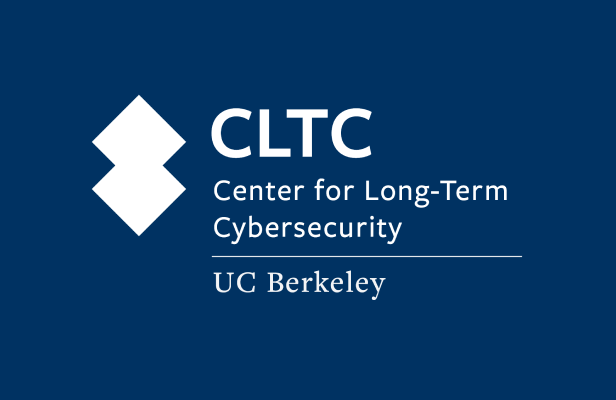Anonymity is a need for vulnerable individuals and organization, particularly in closed societies where they would likely face severe consequences, if their identities were known, for their beliefs or actions by them that reveal censored information. On the Internet, many software applications are available for anonymous communication for email, browsing, and file sharing. The commonly deployed anonymity systems are based on the concept of Chaum Mixes. By far the most popular of these is Tor which is used by about 2 million people every day. Tor mixing uses public key cryptography. The main barriers to the penetration of Tor come from the latency involved at each Mix in the public key based scheme. This has led to the use of fewer Mixes end-to-end, which increases the vulnerability of each flow to de-anonymization, and hence led to reduced use of the network, which further increases the ease of de-anonymization. An exciting new idea of David Chaum, patented in 2018, proposes a peer-to-peer keying alternative to public key based mixing, which is expected to alleviate these issues. The research proposed is aimed at developing ways to exploit this new architecture and thereby facilitate anonymous communication over networks.

Grant /
August 2019


